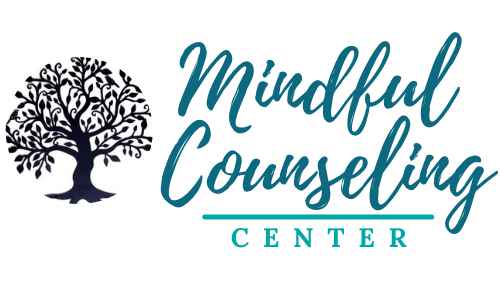Balancing Suffering with Healthy Habits

Suffering is a universal human experience.
We all face stress and hardships. We all have been hurt and manipulated. We all have been disappointed with ourselves, others and situations we find ourselves in. We all have dealt with loss and pain. We all feel feelings we would rather not.
At times, the emotional weight of suffering can feel unbearable. During these moments, how do we raise ourselves up, so our suffering doesn’t consume us?
While no magic bullet exists to take away all of our mind’s pain, relief is possible. As humans, we have this incredible ability to not only survive emotional suffering and lessen it where we can, but also to thrive despite our suffering. We can think of this ability as our mind’s deep well of resiliency, aiding us in bouncing back from life’s problems and, in the process, helping us grow our inner wisdom and strength.
We all can learn to flex our resiliency muscle by developing habits and leveraging resources that equip us to rebalance emotionally when we are overwhelmed.
Leaning into Coping and Joy
There are many strategies that can help you maintain your emotional equilibrium and take corrective action when it gets out of balance. The task is to identify a set of strategies that work for you and then utilize them consistently by turning the strategies into habits. Realize that whenever your situation changes, you might need to adjust your strategies to meet your mental health needs. The goal here is to use these strategies to “lean into” coping with hardships in a healthy way and stay open to joy.
It takes resolve, time and patience to develop habits of the mind that promote well-being. It usually involves trial and error to figure out what activities and perspectives brings you the most relief from mental suffering. A few strategies for which you can develop habits to help you lean into coping and joy:
- Prioritizing your self-care—physical, mental, spiritual and intellectual (See our For Your Well-Being Booklet)
- Nurture self-compassion (See our blog, Cultivating Self-Compassion)
- Practice mindfulness (See our blog, Why is Mindfulness Important?)
- Widen your social support network, for support and encouragement in times of need, to enhance your quality of life and to buffer against stressors. (See this article on social support)
- Seek counseling to address problematic issues and patterns in your life, enhance what is good and for support in making transitions (See our blog, Why Go to Therapy?)
Also consider talking with a counselor to help get clear on what triggers inner suffering for you and assist you in identifying and beginning to practice new habits that promote your well-being. Contact the Mindful Counseling Center today if you would like to explore this avenue: 609-377-5859 or go to our website.
Article by Kristin Littel
Related Blog: Habits for Self-Compassion and Mindfulness
